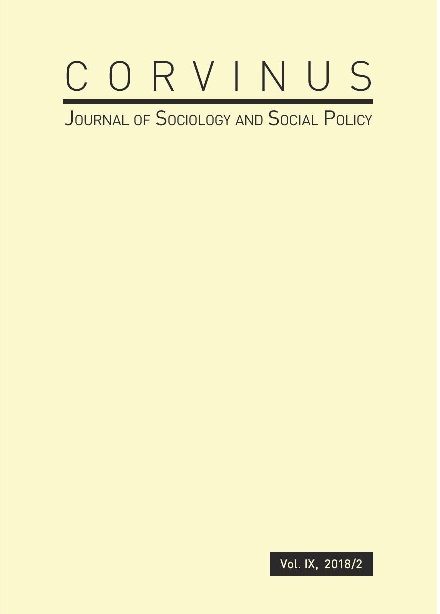Voting Rights and Intergenerational Justice: Framing Effects and Voter Attitudes
Voting Rights and Intergenerational Justice: Framing Effects and Voter Attitudes
Author(s): Béla Janky, Attila GulyásSubject(s): Electoral systems, Sociology of Politics, Identity of Collectives
Published by: Budapesti Corvinus Egyetem Szociológia Doktori Iskola
Keywords: intergenerational justice; voting right; survey-experiment; Hungary
Summary/Abstract: We investigate attitudes toward voting reforms that attribute greater weight to younger generations in a survey experiment. The main assumption of this research is that due to the distortions caused by elite discourse, voters are not aware of the intergenerational inequality of redistribution, thus attempts to change the voting system – that currently provides an equal vote to each voter, thereby maintaining inequality – would not get suffi cient public support. After providing a review of potential voting reforms for improving intergenerational justice, we present results from an online survey sample of one thousand respondents. The data show that presenting the arguments for intergenerational justice increases the sensitivity of younger voters towards the political rights of young generations, but does not improve the acceptance of such reforms among the middle-aged and the elderly.
Journal: Corvinus Journal of Sociology and Social Policy
- Issue Year: 9/2018
- Issue No: 2
- Page Range: 25-48
- Page Count: 24
- Language: English

